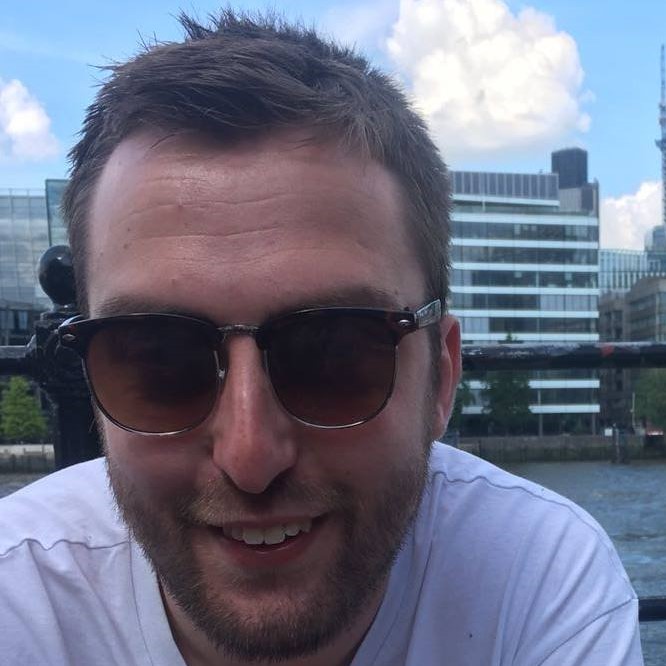The Gray Man directors talk making Netflix's most expensive movie and Chris Evans’ "sociopathic" villain
GamesRadar+ speaks to The Russos about Netflix's risk-taking approach, working with Ana de Armas, and James Bond
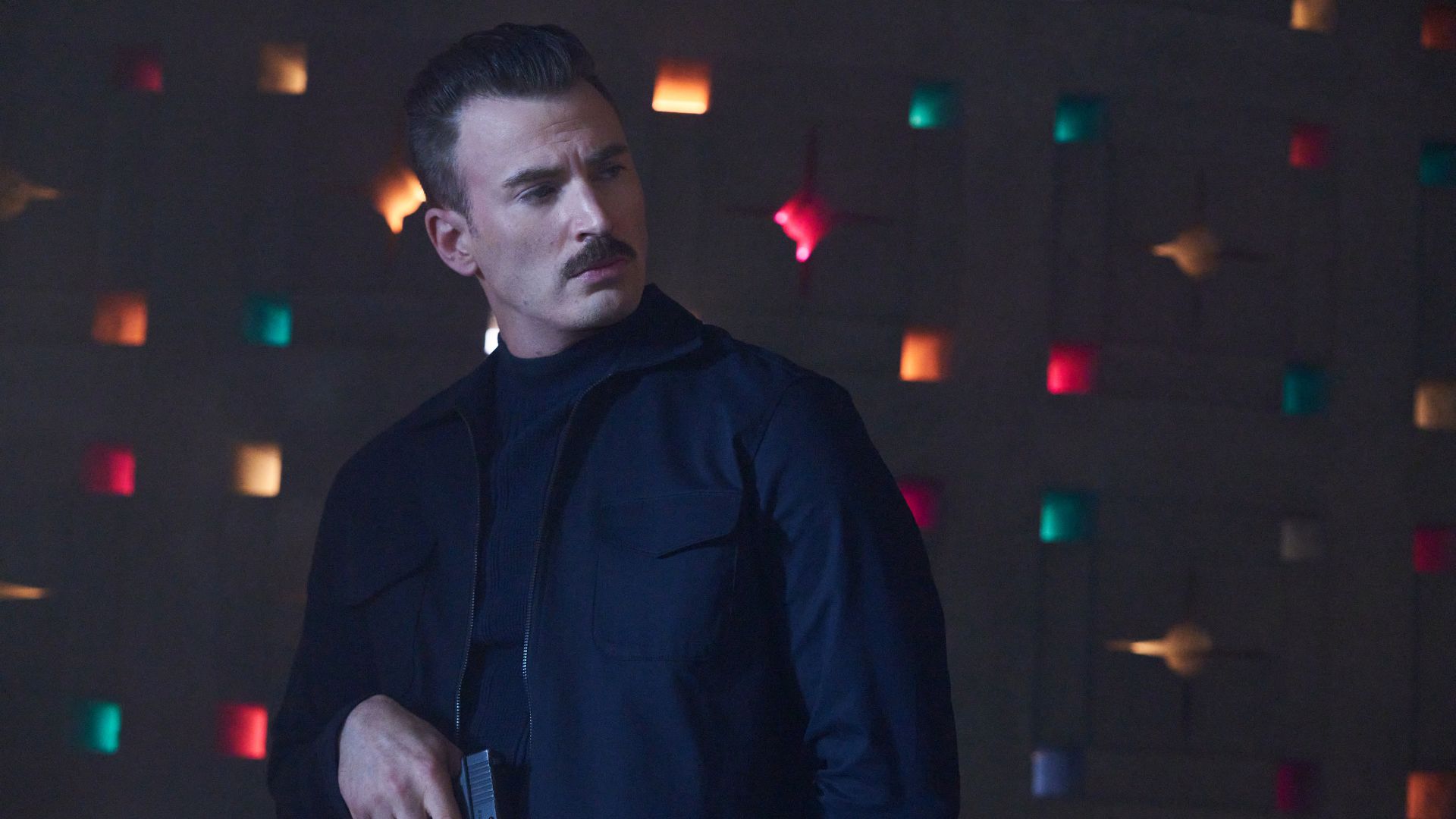
Enter The Gray Man. Netflix's new all-star spy thriller – reportedly the streamer's most expensive yet with a $200m budget – is firing onto our screens from Friday, July 22. Helmed by Avengers: Endgame directors Joe and Anthony Russo, the latest Netflix release sees Ryan Gosling's Sierra Six on the run from corrupt and calculating ex-CIA agent Lloyd Hansen (Chris Evans) after a conspiracy threatens to air the agency's dirty secrets.
Ahead of The Gray Man's release, we sat down with Joe and Anthony Russo in London to dissect the big-money actioner. From collaborating with Ana de Armas (again on action hero duty after her show-stealing performance in No Time to Die), separating itself from James Bond, and the potential for The Gray Man to be a long-term franchise, we've channeled our inner Six and covered all our bases.
More pertinently, The Gray Man is also a darker, more timely echo of another of the Russos' works: Captain America: The Winter Soldier. As Joe Russo points out in our interview, Chris Evans' villainous turn feels like a dark mirror of alarming real-world movements, and the directors aren't shying away from voicing their thoughts on the politics of the movie – and why The Gray Man simply wouldn't be the same at a traditional movie studio.
This interview has been edited for length and clarity.
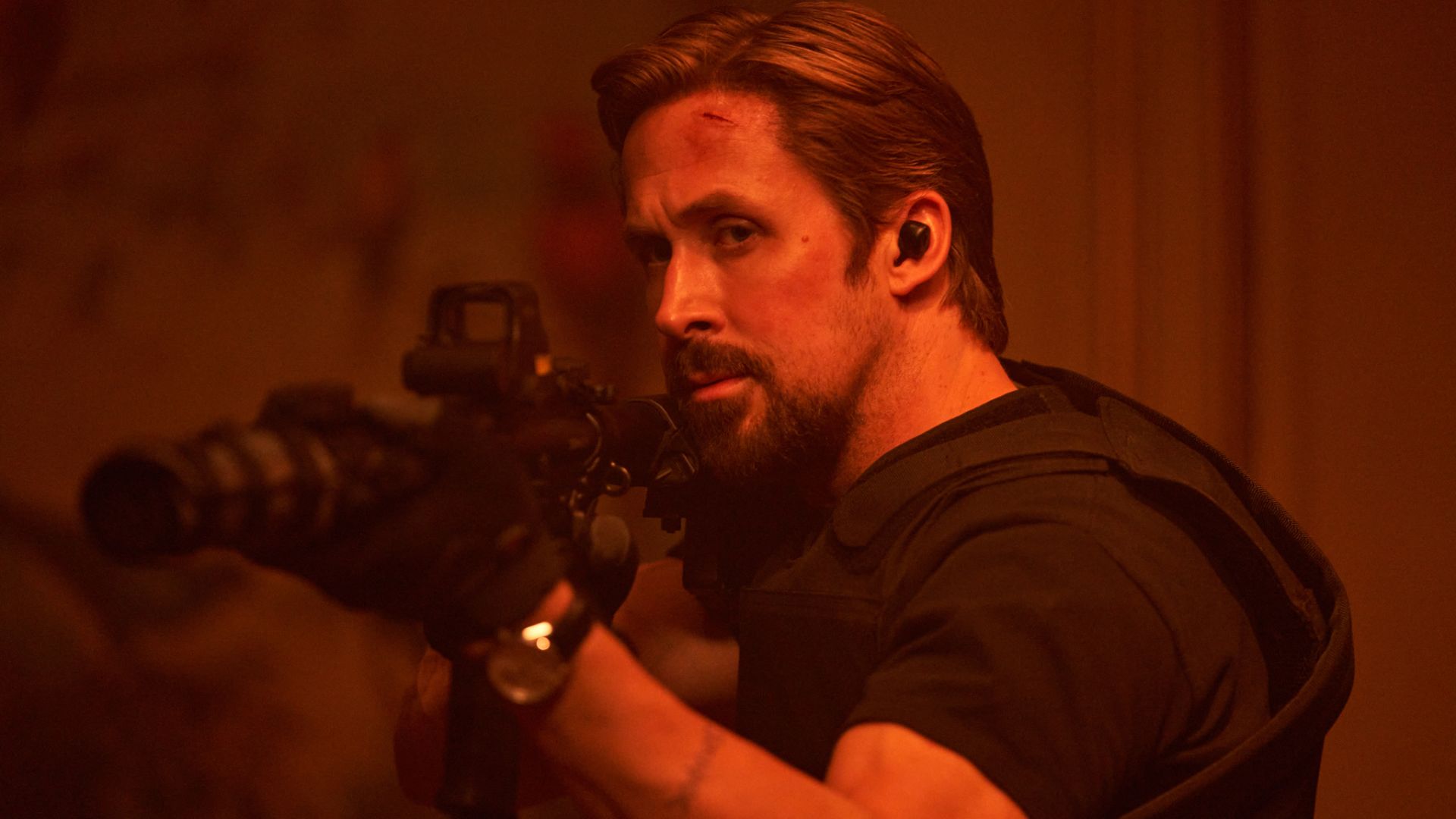
GamesRadar+: A lot has been made of this being Netflix's most expensive movie yet. With that sort of money and creative leeway from Netflix, what were you able to achieve that you might not have been able to?
Joe Russo: This movie is an original IP. It's not pre-existing; it's new characters [and] a new world. It's risky for studios. Studios are in a more conservative mode. A lot of them are in IP-management mode. There's a certain price they'll give you to experiment with something new.
They're interested in original IP in a way that perhaps some other studios aren't at the moment – and at a higher price tag, which did allow us to execute a lot of the action sequences in the movie. It would have been a smaller film at a different studio.
Bringing all the latest movie news, features, and reviews to your inbox
Anthony Russo: We probably would have to eliminate a portion of the film, perhaps abbreviate somewhere.
You come from a smaller budget style on things like Community and Arrested Development. Do you miss coming up with creative solutions when you didn't have the budget? Or have you carried that forward with you?
Anthony Russo: We do love that. We started as indie, no-budget filmmakers. That's basically how we learned to make movies – having to come up with creative solutions. That is a big part of filmmaking.
The funny thing is, no matter how much money you have, eventually you run out of money. So there are limitations, even at the highest budget level. It's a big part of our process. Our process feels very similar, no matter what budget level we're working at. You're basically doing the same thing as directors, you're just dreaming up what you want to do and how best to do it. In one format you have a certain set of tools, and another format you have another set of tools.
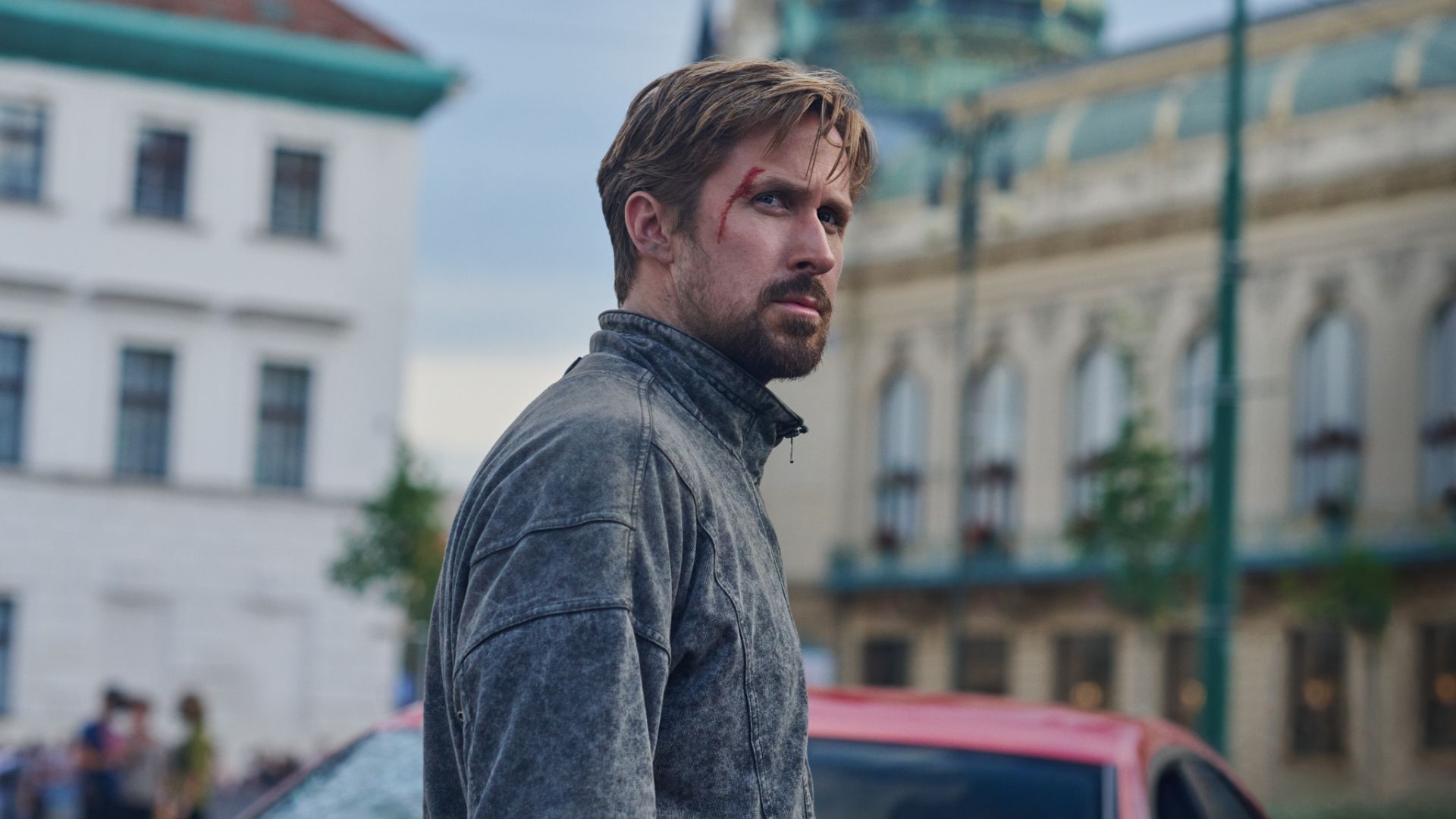
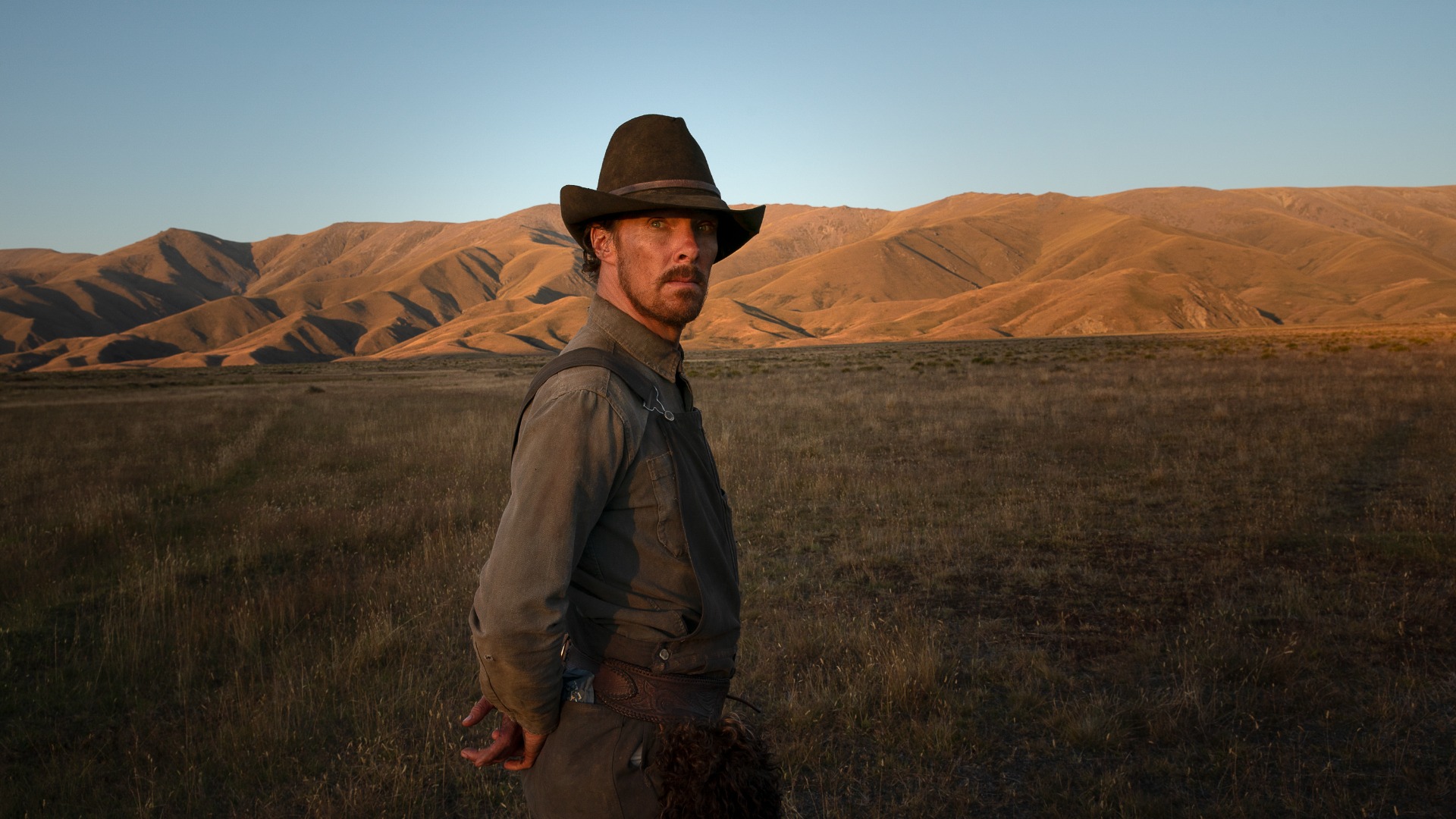
I picked out one line from the film where Sierra is describing the origins of his Six name and says "007 was taken." Did you have Bond on the brain when making it?
Joe Russo: Of course. We're really self-reflective filmmakers. We like intertextual storytelling. Everything seems to be referential now because I don't know what hasn't been done at this point. So when you go swimming in familiar waters, you own it or pretend like it's not there; we tend to like to have fun with it, and make reference to it.
We read [The Gray Man] book and, what was compelling about it was the really inventive set pieces and a cool, interesting character who felt like a modern hero. He's a blue collar hero who doesn't really care about the glamor of the job. He just wants out, just wants to feel freedom for five minutes. And we thought that was an interesting addition to the spy genre where traditionally heroes are more glamorous and sexy. That was the compelling aspect that made it feel different than Bond in that regard.
It had modern thematics too that felt sadly too prescient, like [how] he's struggling against a corrupt patriarchy. Those were the other elements that made it stand apart from us in the spycraft genre.
Speaking of Bond, there's an overlap between Ana de Armas in No Time to Die and The Gray Man. People are itching to see more of her as an action hero. She's spoken about how she sat down with you pre-filming to maybe tweak her character ["My character needed work," she told Elle]. What were those conversations like and how did it manifest itself on-screen?
Anthony Russo: We like to go through that process. We enjoy figuring out how the actor takes ownership over the character. It's really important to us to have a strong female lead that wasn't a love interest. Especially in a movie where it's structured mano a mano between the Chris Evans character and the Ryan Gosling character, who are in this sort of collision course with each other through the film.
We really needed to figure out how to give that character a strong voice, and she was really helpful in that process –looking for every opportunity as we stepped through the storytelling. She brought a lot of thoughtfulness to the character, and she trained extremely hard too. She's extremely physically competent.
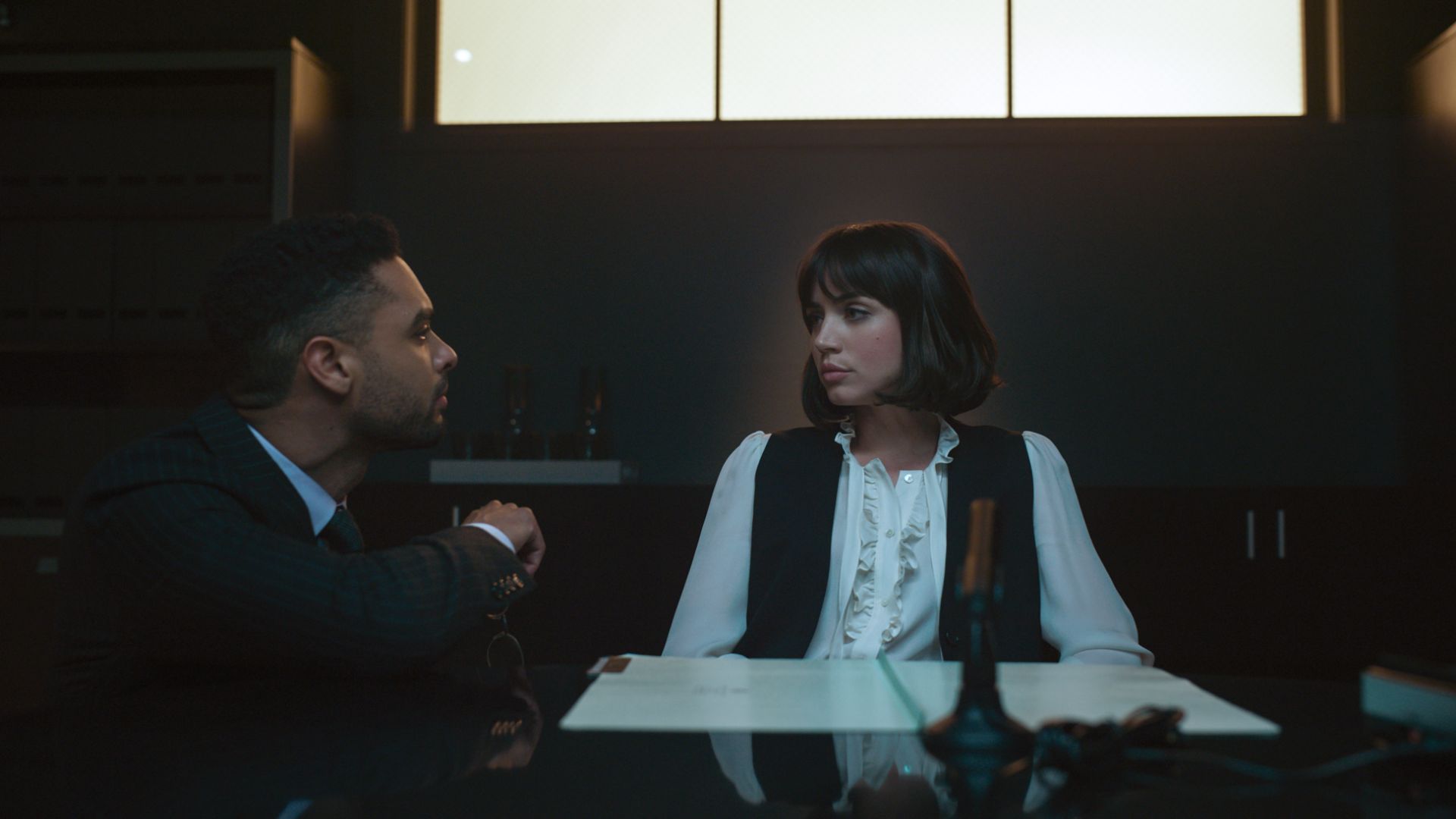
We really needed to figure out how to give that character a strong voice, and [Ana de Armas] was really helpful in that process
Anthony Russo
Chris Evans is a villain in this. He's played unlikable people before, but not on this sort of level. He’s almost like an anti-Captain America where he should be this all-American sort of guy. He's gone to Harvard, but now has these twisted ideals about American exceptionalism.
Joe Russo: We read an article about a year or two ago – there's a lot going on in America right now – about a cabal of supremacists coming out of Ivy League schools. They're supposed to be our best and brightest, and so it seemed a little bit shocking to us. We thought it'd be interesting to give Lloyd this backstory as an extremist who infiltrated the CIA and is using it for his personal agenda.
We also think there's an epidemic of sociopathy right now in the world, and we thought that'd be interesting to have Evans reflect that and be this character with zero accountability.
A lot of these Netflix movies come with the potential to be a franchise. Watching The Gray Man, there are breadcrumbs that could be picked up elsewhere. Were you looking long-term for the franchise?
Joe Russo: It's ready-made for a franchise because it's based on a series of books. We always think that way, because we like long form storytelling. The majority of our careers has been in long form storytelling – all of our television work, all of our Marvel work.
We enjoy deep diving with characters. We love [Sierra Six], we love what Ryan does with the character. It's impressive, a nice blend of sarcasm and action. But we always leave it up to the audience. They're going to tell us whether they want to see more or not. We'll see how it performs and then we'll make a decision. We're always [having] casual conversations, talking about where it could go.
The Gray Man is in select cinemas now and will be available on Netflix from July 22, 2022.
I'm the Senior Entertainment Writer here at GamesRadar+, focusing on news, features, and interviews with some of the biggest names in film and TV. On-site, you'll find me marveling at Marvel and providing analysis and room temperature takes on the newest films, Star Wars and, of course, anime. Outside of GR, I love getting lost in a good 100-hour JRPG, Warzone, and kicking back on the (virtual) field with Football Manager. My work has also been featured in OPM, FourFourTwo, and Game Revolution.
